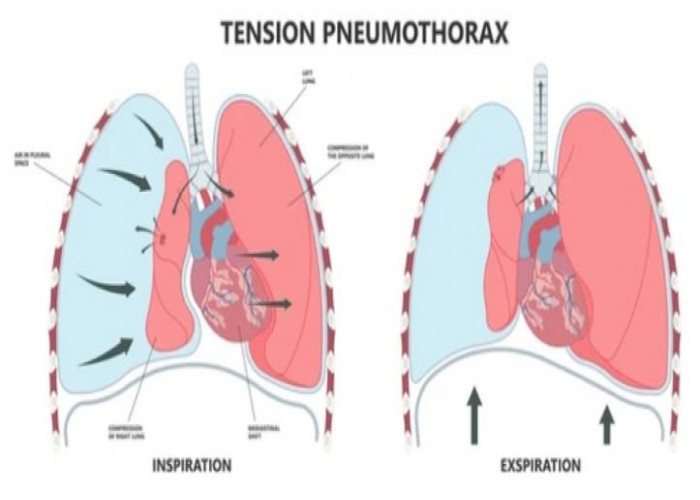 Welcome
Welcome
“May all be happy, may all be healed, may all be at peace and may no one ever suffer."
Atelectasis
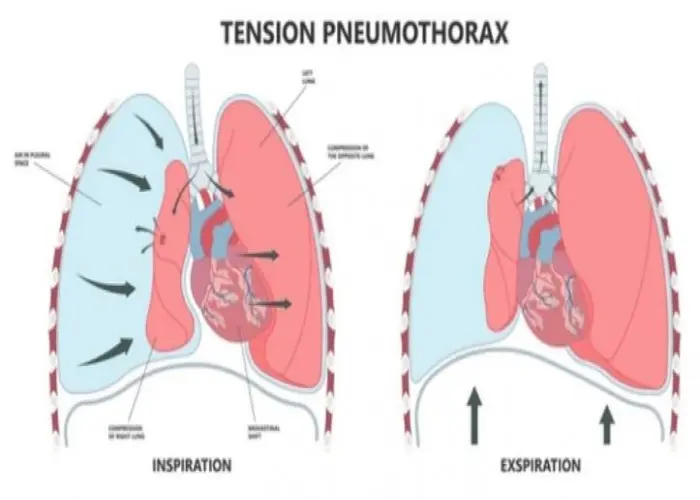
Atelectasis is a condition in which the air spaces within the lungs collapse or become deflated, causing difficulty breathing and reduced oxygenation of the bloodstream. It can be caused by a variety of factors, including blockage of the airways, compression of the lungs, or decreased surfactant production, which is a substance that helps keep the air spaces open.
Symptoms of atelectasis can range from mild to severe, depending on the extent of the collapse and the underlying cause. Common symptoms include shortness of breath, chest pain, coughing, and rapid breathing. In some cases, atelectasis can also cause fever, low oxygen levels, and decreased exercise tolerance.
Diagnosis of atelectasis is typically based on medical history, physical examination, chest x-ray, and pulmonary function tests. Treatment depends on the underlying cause and may include medications, such as bronchodilators or antibiotics, chest physical therapy, and oxygen therapy to improve breathing and oxygenation. In severe cases, surgery or mechanical ventilation may be required.
It is important to seek medical attention if you experience symptoms of atelectasis, as early diagnosis and treatment can help prevent complications and improve overall lung function. Your doctor may also recommend lifestyle changes, such as quitting smoking and avoiding lung irritants, to help reduce the risk of atelectasis and improve lung health.
Research Papers
Disease Signs and Symptoms
- Difficulty breathing (dyspnea)
- Rapid breathing
- Cough
- Breath is extremely slow
- Irregular breathing
Disease Causes
Atelectasis
Atelectasis occurs from a blocked airway (obstructive) or pressure from outside the lung (nonobstructive).
General anesthesia is a common cause of atelectasis. It changes your regular pattern of breathing and affects the exchange of lung gases, which can cause the air sacs (alveoli) to deflate. Nearly everyone who has major surgery develops some amount of atelectasis. It often occurs after heart bypass surgery.
Obstructive atelectasis may be caused by many things, including:
- Mucus plug. A mucus plug is a buildup of mucus in your airways. It commonly occurs during and after surgery because you can't cough. Drugs given during surgery make you breathe less deeply, so normal secretions collect in the airways. Suctioning the lungs during surgery helps clear them, but sometimes they still build up. Mucus plugs are also common in children, people with cystic fibrosis and during severe asthma attacks.
- Foreign body. Atelectasis is common in children who have inhaled an object, such as a peanut or small toy part, into their lungs.
- Tumor inside the airway. An abnormal growth can narrow the airway.
Possible causes of nonobstructive atelectasis include:
- Injury. Chest trauma — from a fall or car accident, for example — can cause you to avoid taking deep breaths (due to the pain), which can result in compression of your lungs.
- Pleural effusion. This condition involves the buildup of fluid between the tissues (pleura) that line the lungs and the inside of the chest wall.
- Pneumonia. Various types of pneumonia, a lung infection, can cause atelectasis.
- Pneumothorax. Air leaks into the space between your lungs and chest wall, indirectly causing some or all of a lung to collapse.
- Scarring of lung tissue. Scarring could be caused by injury, lung disease or surgery.
- Tumor. A large tumor can press against and deflate the lung, as opposed to blocking the air passages.
Disease Prevents
Atelectasis
Atelectasis in children is often caused by a blockage in the airway. To decrease atelectasis risk, keep small objects out of reach of children.
In adults, atelectasis most commonly occurs after major surgery. If you're scheduled for surgery, talk with your doctor about strategies to reduce your risk. Some research suggests that certain breathing exercises and muscle training may lower the risk of atelectasis after certain surgeries.
Disease Treatments
Treatment of atelectasis depends on the cause. Mild atelectasis may go away without treatment. Sometimes, medications are used to loosen and thin mucus. If the condition is due to a blockage, surgery or other treatments may be needed.
Chest physiotherapy
Techniques that help you breathe deeply after surgery to re-expand collapsed lung tissue are very important. These techniques are best learned before surgery. They include:
- Performing deep-breathing exercises (incentive spirometry) and using a device to assist with deep coughing may help remove secretions and increase lung volume.
- Positioning your body so that your head is lower than your chest (postural drainage). This allows mucus to drain better from the bottom of your lungs.
- Tapping on your chest over the collapsed area to loosen mucus. This technique is called percussion. You can also use mechanical mucus-clearance devices, such as an air-pulse vibrator vest or a hand-held instrument.
Surgery
Removal of airway obstructions may be done by suctioning mucus or by bronchoscopy. During bronchoscopy, the doctor gently guides a flexible tube down your throat to clear your airways.
If a tumor is causing the atelectasis, treatment may involve removal or shrinkage of the tumor with surgery, with or without other cancer therapies (chemotherapy or radiation).
Breathing treatments
In some cases, a breathing tube may be needed.
Continuous positive airway pressure (CPAP) may be helpful in some people who are too weak to cough and have low oxygen levels (hypoxemia) after surgery.
Disease Diagnoses
Disease Allopathic Generics
Disease Ayurvedic Generics
Disease Homeopathic Generics
Disease yoga
Atelectasis and Learn More about Diseases

Cavernous malformations

Teen depression
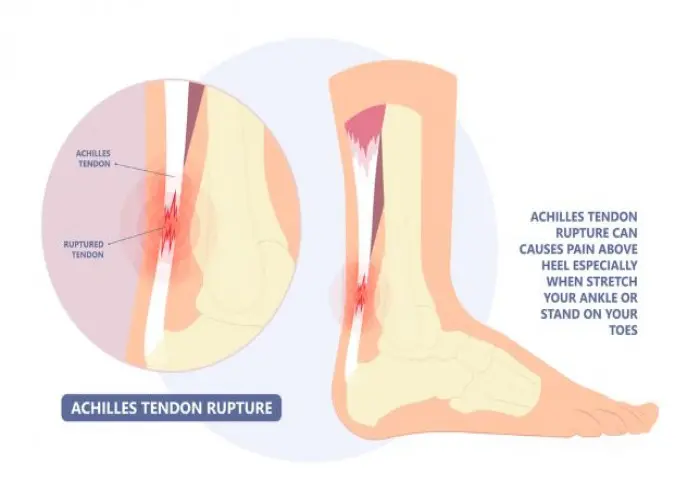
Achilles tendon rupture
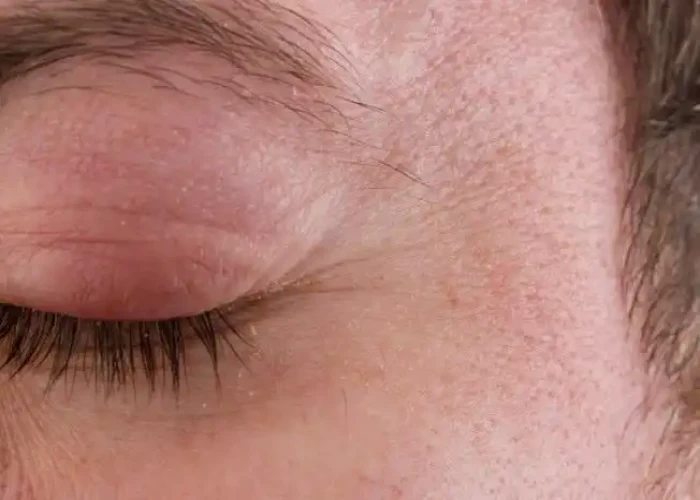
Trachoma

Naegleria infection
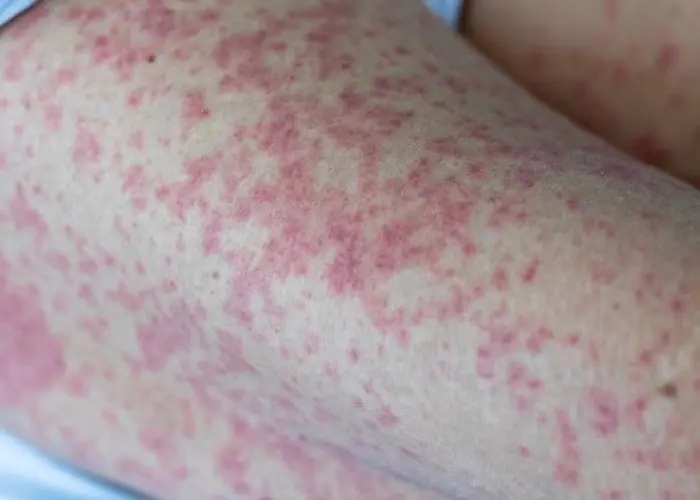
Drug allergy

Atrial septal defect (ASD)

Dementia
Atelectasis, Atelectasis meaning, অ্যাটেলিকটিসিস
To be happy, beautiful, healthy, wealthy, hale and long-lived stay with DM3S.
